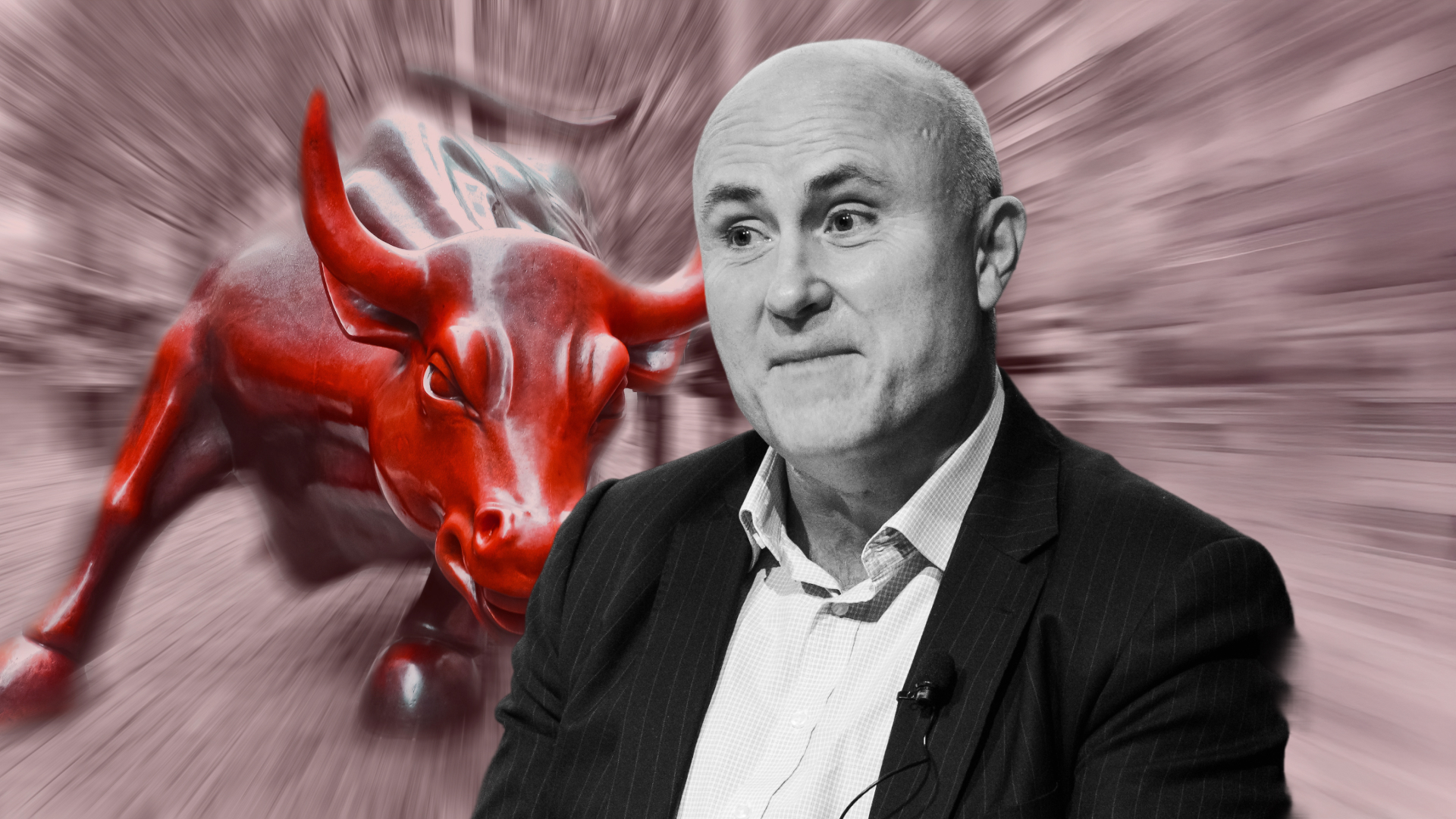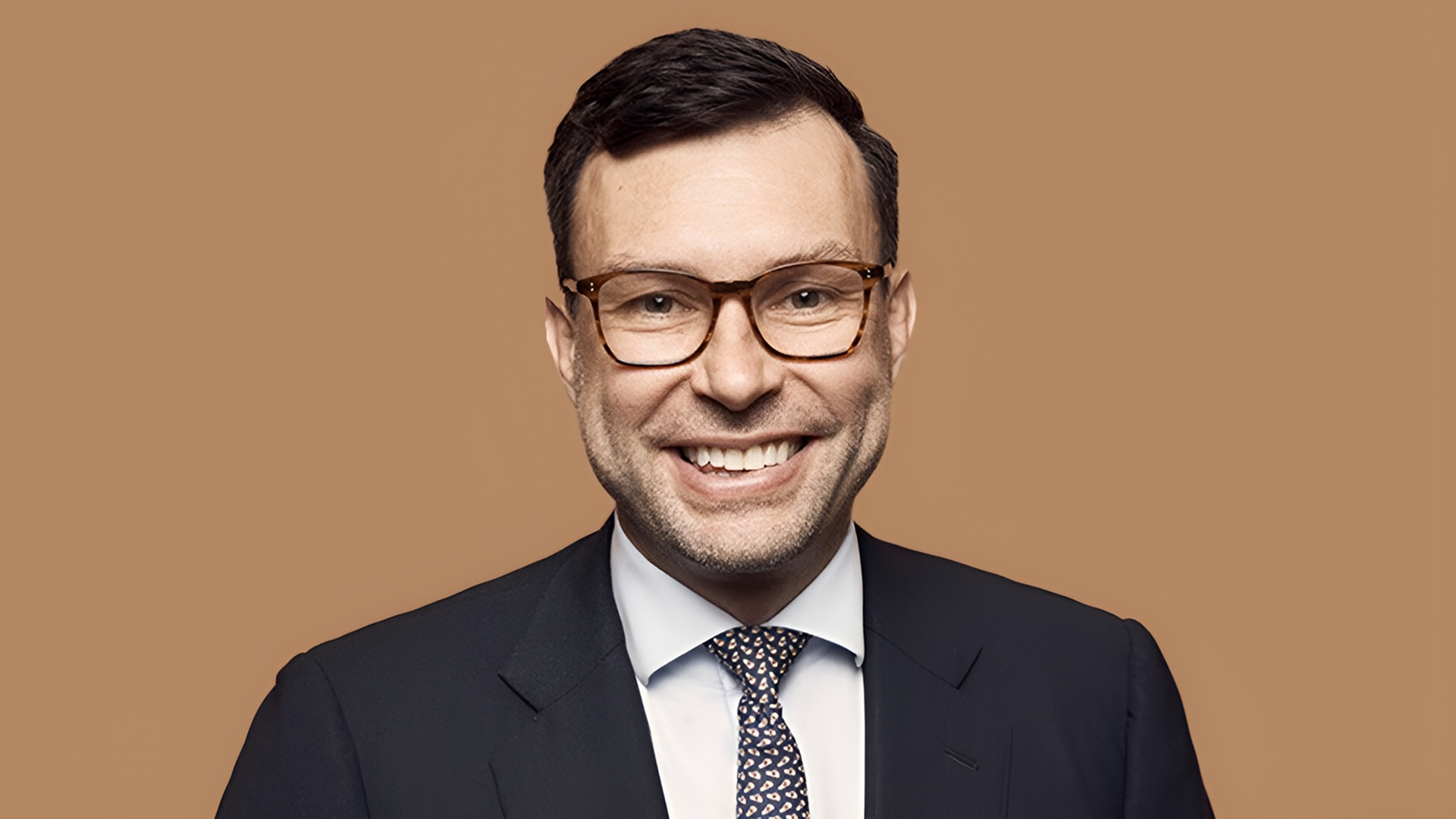Ophir, Regal and Macquarie reveal their formulas for long-term wealth creation
Australian hedge fund guru and founder of Regal Funds Management Philip King says you can't be a great stock picker and create wealth for yourself if you're not prepared to ride volatility in small-cap stocks known for their rollercoaster valuations.
Talking exclusively to Livewire Markets, King reflected on 10 years of small-cap success at Regal's Australian Small Companies Fund, which saw it return 22.4% per year after fees for the 10 years to March 31.

The monster result puts Regal second out of 43 funds in Mercer's Australian Small Cap Fund Manager survey, which just revealed Australia's top small-cap rainmakers.
Ophir Asset Management's Opportunities Fund finished top and Macquarie's Small Companies Fund came third, with all three speaking to Livewire to reveal the methods that have kept them at the top for 10 years.
How to create wealth
"By definition to be a good stock picker, you've got to swim against the tide now and then," King told Livewire.
"And you've got to be suspicious of anyone that can generate good returns without volatility. And you're not always going to get the timing exactly right."
King says the best Australian traders are pragmatic and will change tack as cross winds in markets constantly change on the back of new investing trends, emerging industries, and the macro-economic environment.
In the past, Regal has used the analogy of a motorway driver being prepared to change lanes to beat the traffic, because if you stick to the same lane as everyone else you'll end up with average returns.
"You've always got to be prepared to look at new companies because stocks in the small cap index look very different today to what they did 10 years ago and they'll look very different in another 10 years," he says.
"And so there's a lot less retail and industrials in the index today and probably more mining, more tech. So, I think a good investor's always prepared to do the hard work and learn about new sectors and new companies."
Shorting stocks and using leverage
Regal's fund regularly shorts stocks, or bets on their value falling, to differentiate itself from most of its 'long-only' competition.
The fund can also lever - or use borrowings to magnify - its returns by shorting stocks and using the cash received from selling them to invest in long positions to try and turbocharge returns.
As an example, the fund could invest 100% of its capital or a theoretical $100 million in long positions, but then short sell shares worth $50 million to mean it has that cash to invest in additional long positions.
Therefore the net exposure of the fund - measured as long minus short exposure - is 100% of the original $100 million. However, the gross exposure is 200% - measured as the 150% long plus the 50% short exposure – to mean the fund is levered. However, the market exposure, or “risk”, is the same as a traditional long only.
The leverage is because it has effectively put $200 million to work on market bets, despite investors only contributing $100 million in assets.
King says "alpha" refers to the ability of a manager to outperform the market.
"I think small caps are where you can add a lot more alpha," he says.
"The Mercer surveys certainly show that. And being a long-short manager, we can add a lot more alpha than a traditional long only manager. As we run gross gearing up to 200%, which means that for the same amount of market exposure, we can give investors twice as much alpha as a long only.
"And we've found over 10 years that most of our returns have come from alpha or stock picking and a lot less of our return come from beta or the small cap index going up."
| Top 5 Fund Managers in Mercer Survey | 10-year compound return after fees to March 31 |
| Ophir Opportunities Fund | 23.5% |
| Regal Australian Small Companies Fund | 22.4% |
| Macquarie Small Companies Fund | 15.3% |
| First Sentier Australian Small Companies Long / Short Fund | 13.3% |
| Hyperion Small Growth Companies Fund | 13% |
Don't drive in the same lane as the market
As an example of Regal's willingness to change lanes from the market, it has even piled into gold as a hedge against the US government's growing debt pile.
The bet's proved a winner despite the shiny metal's reputation as a boring asset unlikely to attract alpha-male hedge fund managers.
"There's probably not many small cap managers that are managing to stay overweight gold, which is actually quite difficult to do at the moment," says King. "But yeah, we're very bullish on gold and we think this rally's got a lot more legs."
Ophir says add to your winners
Regal's epic compound return of 22.4% over 10 years is only topped by Ophir Asset Management, which has offices across the street in Sydney's prime business district.
Ophir's Aussie stock picking team led by co-founders Andrew Mitchell and Steven Ng is in the office by 7 am or earlier - every day - to research the market for the best opportunities.

Mitchell emphasises that generational wealth creation isn't just about finding the best stocks. He says it's almost as much about position sizing and more specifically adding to winners once you gain confidence you're on one.
The Ophir Opportunities Fund returned 23.5% per year after fees over the past 10 years to March 31 to top Mercer's rankings of the best long-term asset managers.
"In small caps it's the quick or the dead," says Mitchell. "So we pride ourselves on being first to a company and first to understand new ideas that are coming through. When you have a history with a company it's then all about getting the position sizing right in the companies that do very well. You get an edge when you work out a company is doing better than the market thinks, once you have an edge, don't stop, reinforce it."
Mitchell says Ophir gains conviction in winners through talking to the company's management, its customers, suppliers, competitors, and other stakeholders in its markets.
"If they all tell you company X is doing well to get the position sizing right is easier because there's a lot you must have misread to get the company wrong. So that's how the process works," he says.
"We also rate management, exogenous risks to a business, the earnings trajectory, the optionality in the business, and the valuation. So, we give a score, add it up and compare it.
"And we also do a meltdown score to look at the volatility of the earnings in relation to GDP. We look at sectors, debt, liquidity and think what happens in a market-sell off to companies which give you significant downside risk to balance upside risk.
"So we look to limit downside risk and find those gems where there's this asymmetric pay off to the upside."
Mitchell adds that Ophir doesn't try to time the market by anticipating general corrections, or rallies, as this process is fraught with risk and unlikely to lead to good returns.
"So we just use sell-offs to buy good companies we think are doing well and that's always proven a great generator of returns over the long term," he says.
Macquarie uses tech to drive returns
Elsewhere, the Macquarie Small Companies Fund has given investors a 15.3% compound return over the 10 years to March 31 to rank third in Mercer's rankings.
It's different to most of its peers as it uses quantitative models to identify companies with solid earnings momentum at a reasonable price. It says that companies that rank well in its models typically outperform the Australian small-cap market.
Once companies are identified by the models the fund's portfolio managers, including head of systematic investments Ben Leung, select the stocks considered most likely to outperform the market after adjusting for broader conditions.
.jpg)
In total, Leung says its models analyse 200,000 pieces of data a day to help it get an edge over the market.
"Markets are constantly evolving and as a systematic manager, the most meaningful change for us has been the proliferation of data available across the Australian small companies universe," Leung told Livewire.
"The small-cap space continues to be fertile grounds for the disciplined investor – those with a sound framework to separate story from substance, allowing them to move rationally through a space often dominated by energetic narratives and speculation."
Macquarie's portfolio typically holds around 80 stocks and has a position limit of 7% on any single company.
This approach is different to the more concentrated style of Regal and Ophir, who will look for stocks they think offer the strongest risk-adjusted returns, rather than those most likely to beat a benchmark like the S&P/ASX Small Ordinaries Index (ASX: XSO).
In conclusion, we can see all three managers are using different methods to produce the highest long-term returns.
However, investors should probably note a leveraged strategy like Regal's may mean it moves up and down the performance tables violently over say a six month or one-year period, but still does well over 10 years.
Whereas other strategies arguably smooth out the returns to give their unit holders less of a wild ride for similar outcomes.
5 topics
2 stocks mentioned
2 contributors mentioned
.jpg)
.jpg)